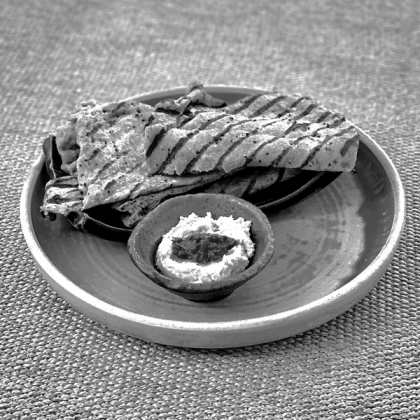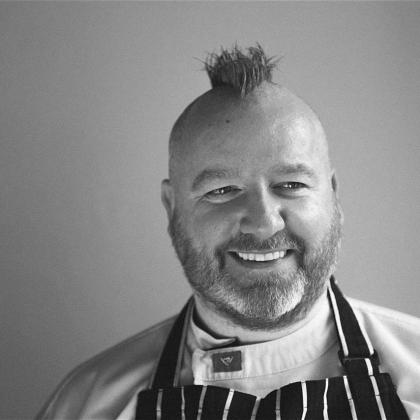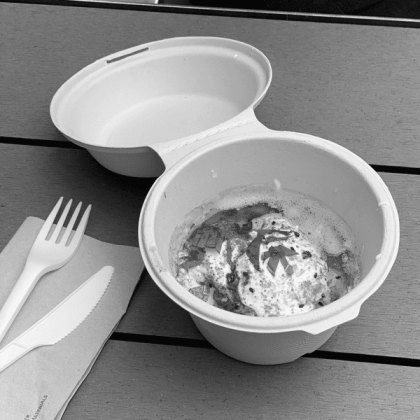In the weekend coming, we will leave summertime behind and immerse ourselves in the short days of wintertime for the next five months. The process is speedy, relatively straightforward, and even happens when we are asleep.
But I wonder if, in fact, the process of changing from summertime to wintertime, that simple movement of the clock backwards, isn't a little bit more shocking to the body than we think. For we accelerate the process of the shortening day suddenly, silently, at night, and the first Sunday of wintertime is always a markedly different day than the last Saturday of summertime.
There is no time to prepare for the change, there is no ritual to mark it – other than the supremely tedious one of marching around the house resetting this bit of electronica and that clock and that piece of machinery that controls the heating and the water pump and whathaveyou.
So, if we are plunged into wintertime like cliffjumpers, is there anything we can do to reset the body's clock? I think we can: we should subtly change the food we eat to food that comforts our bodies, and eat foods that usher in the textures, tastes and colours of the seasons.
You may very well be able to buy superb tomatoes coming out of Irish polytunnels this weekend, but the bright tomato colour and that sweet taste no longer seems quite right when the night closes in so quickly, and when dinner is served with darkness outside.
The problem is that the prospect of spending the next five months eating starchy, heavy foods isn't much of a prospect at all. What we need is to be able to wake up our winter foods, to align them with elements that are not just comforting, but enlivening and healthful.
The following two recipes are two of the best ways I know of making two winter staples – simple spuds and lovely lentils – into dishes that are exotic, satisfying and succulent. You can serve the lentils and carrots with anything – a grilled piece of fish, some lamb chops – and the potato daube, likewise, is a partner for just about everything. The two even work well together, for a superb vegetarian dinner, and the nation's students would be fit as fiddles and happy as Larry if they ate these classics once or twice a week.
Potato Daube
This great recipe is from my all-time-favourite cookery book, Richard Olney's classic “Simple French Food”, originally published way back in 1974. All of Olney's potato recipes in the book are brilliantly imaginative, and once you have this daube in your repertoire, you will cook it again and again. It's health on a plate, and it particularly suits many of the popular varieties of potato in the market, from roosters to the organic Sarpo varieties. I would today use an Irish rapeseed oil rather than an olive oil.
5 cloves garlic, crushed and peeled
half litre/three quarters pint water
salt
4 to 5 tablespoons olive oil
1kg/2lb firm, yellow-fleshed potatoes, sliced thinly and wiped dry
3 or 4 bay leaves
Cook the garlic cloves in the salted water, at a simmer, covered, for about 15 minutes, then puree the garlic through a sieve back into its cooking water. Rub an oven casserole with olive oil, pack in half the potatoes, distribute the bay leaves, salt lightly (or not at all, depending on the saltiness of the garlic water), add the remaining potatoes, and pour over the garlic water and purée - the potatoes should be well covered with liquid, but not drowned. Dribble olive oil over the surface and cook in a 400ºF, 200ºC, gas 6 oven for 45 to 60 minutes.
Turkish carrots and lentils with herbs
“This shows just how delicious frugality can be”, writes Diana Henry, a brilliant cookery writer from County Down. The recipe appears in her latest book, “Food from Plenty” (Mitchell Beazley), published just last month. This is one of those dishes where little combines to make a lot, and it has already become my favourite way to serve lentils. The herbs are extremely important and, again, finish the dish with a slug of good Irish rapeseed oil.
4 tablespoons olive oil
1 onion, in slim crescent moon shapes
4 garlic cloves, finely chopped
1 and a half teaspoons coriander seeds, crushed
quarter-half teaspoon dried chilli flakes
100g (three and a half oz) green or Puy lentils
6 large carrots, sliced
2 tablespoons tomato purée
2 teaspoons caster sugar
275ml (9 and a half fl oz) vegetable stock or water
salt and pepper
2 tablespoon chopped mint, parsley or dill
good squeeze of lemon juice
extra virgin olive oil, to serve
Heat the oil in a saucepan and sauté the onion until soft and pale gold. Add the garlic and spices and cook for 2 minutes. Now add everything else except the herbs, lemon juice and extra virgin olive oil.
Bring to the boil and cook until tender and the liquid has been absorbed. It should take 30 minutes.
Taste, add the herbs and lemon juice, then adjust the seasoning. Add a generous slug of extra virgin olive oil. Serve hot, warm or at room temperature.






